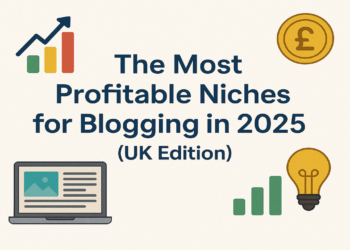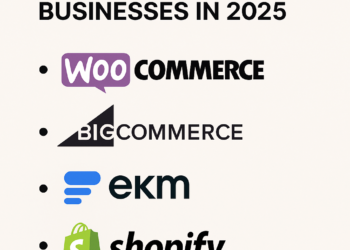Brexit. A word that sparked debates, shaped policies, and changed the course of the UK’s economic future. Love it or hate it, one thing is clear. Its impact on UK businesses is undeniable. From trade deals to business regulations, every sector has felt the ripples.
But what does that really mean for businesses today? Let’s break it down.
The Trade Shake-Up: New Rules, New Challenges
Before Brexit, UK businesses traded freely with the EU. No tariffs, no border delays, no extra paperwork. It was smooth, simple, and predictable. Then came the big split. Suddenly, companies found themselves navigating a maze of customs declarations, new taxes, and supply chain disruptions.
Take small businesses, for example. Many relied on the EU for both suppliers and customers. Now, exporting goods means dealing with complex VAT rules, customs fees, and longer delivery times. Some have had to rethink their entire business models, shifting focus to domestic markets or looking for new trade partners outside Europe.
Even bigger corporations haven’t been immune to challenges. Industries such as manufacturing and automotive, which rely heavily on global supply chains, have experienced significant delays, rising costs, and the urgent need to find alternative suppliers. These disruptions have led to higher prices for consumers and intensified global competition. In contrast, many entrepreneurs are now turning to the Best Online Business in 2025 as a more agile and resilient alternative to traditional industries.
The UK Economy: Boom or Bust?
When Brexit happened, opinions were divided. Some predicted an economic downturn, while others saw new opportunities. Fast forward a few years, and the reality is mixed.
On one hand, the UK has seen slower economic growth compared to EU counterparts. Foreign investment has taken a hit, and inflation has made things worse. The pound has had its ups and downs, and businesses have had to adapt to new financial uncertainties.
But it’s not all doom and gloom. Brexit also pushed the UK to explore global trade deals beyond Europe. Agreements with countries like Australia and Japan have opened up new possibilities. While these deals aren’t a direct replacement for EU trade, they offer fresh opportunities for businesses willing to adapt.
Business Regulations: More Freedom or More Headaches?
One of Brexit’s biggest promises was cutting red tape. No more EU regulations meant businesses could operate under UK-made rules. But has it really helped?
For some industries, yes. The UK government has been able to tailor regulations to better fit local businesses. For example, financial services have seen reforms aimed at making the sector more competitive.
But for others, the transition has been anything but easy. Many businesses dealing with the EU still have to comply with European standards. That means double the work. Following UK rules at home and EU rules for exports. It’s an administrative nightmare for companies trying to stay compliant on both sides.
Labour Market Challenges: Who’s Filling the Gaps?
Another major change has been in the workforce. Before Brexit, EU workers played a huge role in sectors like hospitality, healthcare, and agriculture. But new immigration laws have made it harder for businesses to hire from the EU.
The result? Labour shortages. Many restaurants, farms, and factories have struggled to find workers. Wages have gone up as businesses try to attract local talent, but that also means higher costs for consumers.
At the same time, some argue that Brexit has encouraged the UK to invest more in automation and skills training. With fewer foreign workers, businesses are looking for new ways to stay productive.
What’s Next for UK Businesses?
So, where do we go from here? The impact of Brexit on UK businesses isn’t set in stone. It’s still evolving. While some challenges remain, businesses are finding ways to adapt, whether by expanding to new markets, adopting new technologies, or reshaping their strategies.
The UK is now defining its own trade policies, business regulations, and economic direction. The road ahead may be uncertain, but one thing is clear: UK businesses are resilient. Brexit brought change, but it also brought opportunities for innovation and growth.
What do you think? Is Brexit a roadblock or a stepping stone for UK businesses? One thing’s for sure. The conversation isn’t over.
























